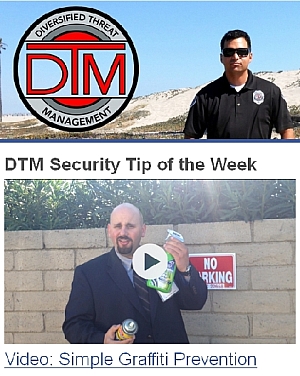Rabid Skunk Found Near Millikan High Had Virus Acquired From A Rabid Bat
(July 3, 2014) -- Following-up on a story previously reported by LBREPORT.com, the CA Dept. of Public Dept. of Public Health confirmed today (July 3) that the rabies-infected skunk found near East Long Beach's Millikan High was infected with a rabies virus variant from a bat.
In a release, the City says:
Bat-to-mammal transmission is not uncommon, and the rabid skunk likely had an encounter with a bat infected with rabies. "This is the time of year that we might see more bat rabies, and potentially spillover to terrestrial mammals," said City Health Officer Dr. Mitchell Kushner. "We do not anticipate that this spillover event is anything more than an isolated incident."
The testing was important to determine that a skunk variant of rabies, which is only noted in Northern California, has not been re-introduced to Southern California where it has not been seen since 1979.
Continued vigilance in testing wildlife that is ill or exhibiting unusual behavior is still recommended. Anyone noticing obviously ill wildlife or unusual symptoms by animals should contact Animal Care Services at 562-570-7387. The Health Department and staff from Animal Care Services remind residents that they should not try to capture or trap wildlife, and that all domestic pets should receive their scheduled rabies vaccine to prevent pets and humans from getting rabies from other animals. [scroll down for previous coverage]
[City of LB release text] While bats in the area have tested positive for rabies in past years, this was the first confirmed case of rabies in a skunk in Los Angeles County since 1979. Mexican-free-tailed bats are very common in Southern California, and are the species of bats that most commonly carry rabies in the state.
















